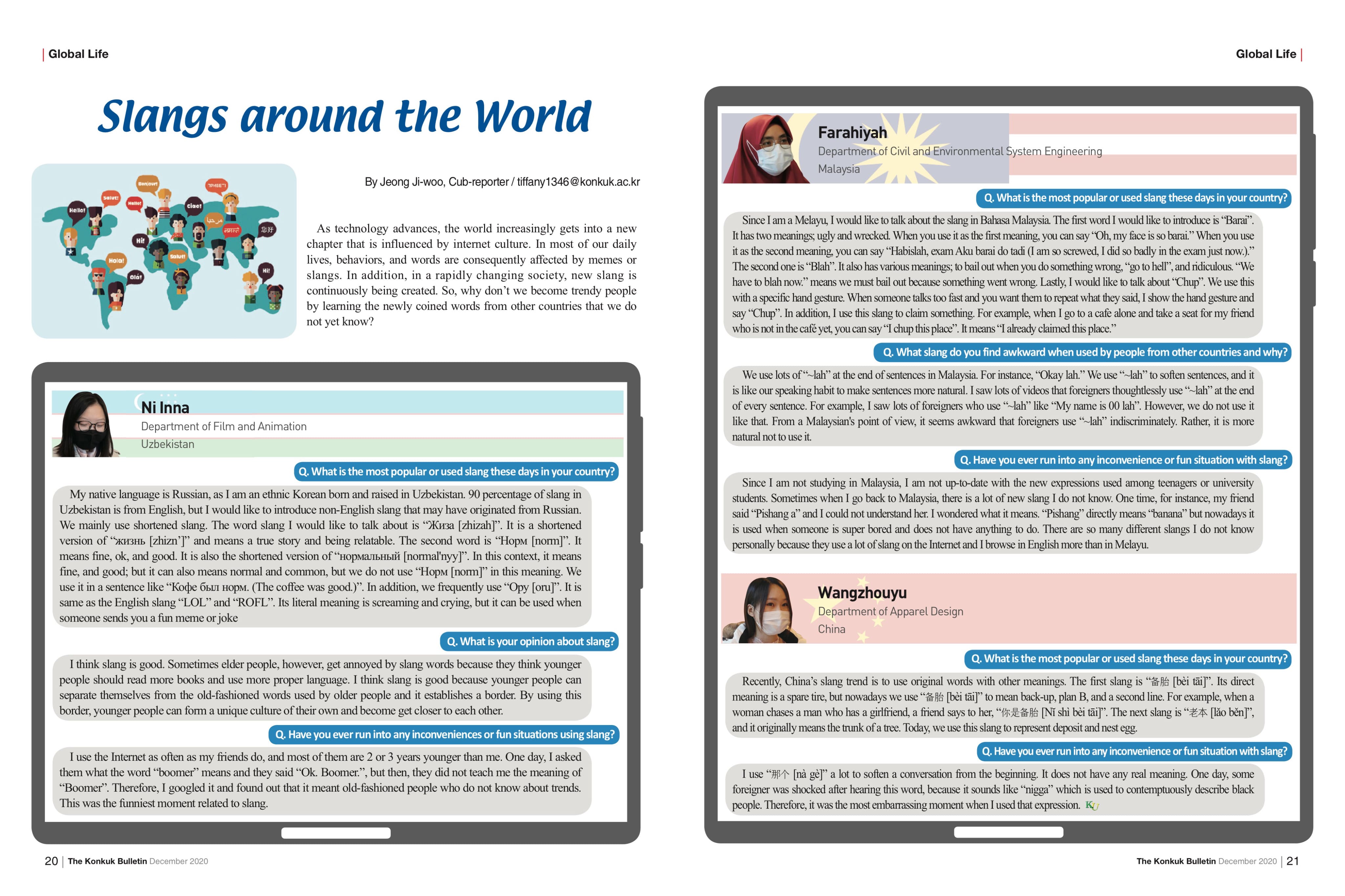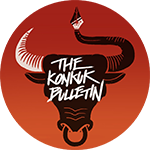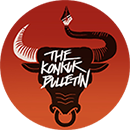
Ni Inna
Department of Film and Animation
Uzbekistan
Q. What is the most popular or used slang these days in your country?
My native language is Russian, as I am an ethnic Korean born and raised in Uzbekistan. 90 percentage of slang in Uzbekistan is from English, but I would like to introduce non-English slang that may have originated from Russian. We mainly use shortened slang. The word slang I would like to talk about is “Жиза [zhizah]”. It is a shortened version of “жизнь [zhizn’]” and means a true story and being relatable. The second word is “Норм [norm]”. It means fine, ok, and good. It is also the shortened version of “нормальный [normal'nyy]”. In this context, it means fine, and good; but it can also means normal and common, but we do not use “Норм [norm]” in this meaning. We use it in a sentence like “Кофе был норм. (The coffee was good.)”. In addition, we frequently use “Ору [oru]”. It is same as the English slang “LOL” and “ROFL”. Its literal meaning is screaming and crying, but it can be used when someone sends you a fun meme or joke
Q. What is your opinion about slang?
I think slang is good. Sometimes elder people, however, get annoyed by slang words because they think younger people should read more books and use more proper language. I think slang is good because younger people can separate themselves from the old-fashioned words used by older people and it establishes a border. By using this border, younger people can form a unique culture of their own and become get closer to each other.
Q. Have you ever run into any inconveniences or fun situations using slang?
I use the Internet as often as my friends do, and most of them are 2 or 3 years younger than me. One day, I asked them what the word “boomer” means and they said “Ok. Boomer.”, but then, they did not teach me the meaning of “Boomer”. Therefore, I googled it and found out that it meant old-fashioned people who do not know about trends. This was the funniest moment related to slang.
Farahiyah
Department of Civil and Environmental System Engineering
Malaysia
Q. What is the most popular or used slang these days in your country?
Since I am a Melayu, I would like to talk about the slang in Bahasa Malaysia. The first word I would like to introduce is “Barai”. It has two meanings; ugly and wrecked. When you use it as the first meaning, you can say “Oh, my face is so barai.” When you use it as the second meaning, you can say “Habislah, exam Aku barai do tadi (I am so screwed, I did so badly in the exam just now.).” The second one is “Blah”. It also has various meanings; to bail out when you do something wrong, “go to hell”, and ridiculous. “We have to blah now.” means we must bail out because something went wrong. Lastly, I would like to talk about “Chup”. We use this with a specific hand gesture. When someone talks too fast and you want them to repeat what they said, I show the hand gesture and say “Chup”. In addition, I use this slang to claim something. For example, when I go to a cafe alone and take a seat for my friend who is not in the café yet, you can say “I chup this place”. It means “I already claimed this place.”
Q. What slang do you find awkward when used by people from other countries and why?
We use lots of “~lah” at the end of sentences in Malaysia. For instance, “Okay lah.” We use “~lah” to soften sentences, and it is like our speaking habit to make sentences more natural. I saw lots of videos that foreigners thoughtlessly use “~lah” at the end of every sentence. For example, I saw lots of foreigners who use “~lah” like “My name is 00 lah”. However, we do not use it like that. From a Malaysian's point of view, it seems awkward that foreigners use “~lah” indiscriminately. Rather, it is more natural not to use it.
Q. Have you ever run into any inconvenience or fun situation with slang?
Since I am not studying in Malaysia, I am not up-to-date with the new expressions used among teenagers or university students. Sometimes when I go back to Malaysia, there is a lot of new slang I do not know. One time, for instance, my friend said “Pishang a” and I could not understand her. I wondered what it means. “Pishang” directly means “banana” but nowadays it is used when someone is super bored and does not have anything to do. There are so many different slangs I do not know personally because they use a lot of slang on the Internet and I browse in English more than in Melayu.
Wangzhouyu
Department of Apparel Design
China
Q. What is the most popular or used slang these days in your country?
Recently, China’s slang trend is to use original words with other meanings. The first slang is “备胎 [bèi tāi]”. Its direct meaning is a spare tire, but nowadays we use “备胎 [bèi tāi]” to mean back-up, plan B, and a second line. For example, when a woman chases a man who has a girlfriend, a friend says to her, “你是备胎 [Nĭ shì bèi tāi]”. The next slang is “老本 [lǎo běn]”, and it originally means the trunk of a tree. Today, we use this slang to represent deposit and nest egg.
Q. Have you ever run into any inconvenience or fun situation with slang?
I use “那个 [nà gè]” a lot to soften a conversation from the beginning. It does not have any real meaning. One day, some foreigner was shocked after hearing this word, because it sounds like “nigga” which is used to contemptuously describe black people. Therefore, it was the most embarrassing moment when I used that expression.

